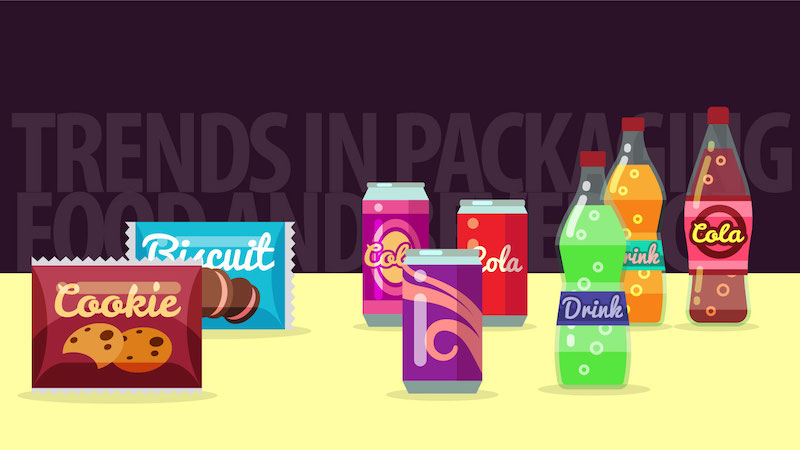The global sanitary food and beverage packaging market is likely to grow at a CAGR of nearly 6% during the forecast period 2017-2021. These insights are according to a new market research report from market intelligence and consulting firm Future Market Insights (FMI). According to the report, increasing emphasis on maintaining food safety during the supply chain is promoting investments by manufacturers.
Globally, emphasis on maintaining hygiene is on an increase. Regulatory bodies from around the globe are making revisions to food safety guidelines, with an aim to ensure safety of the product. The U.S. FDA in 2016 published a new set of guidelines under the FSMA rule. These guidelines focus on safety of food products during transportation. As compliance rate increases, demand for sanitary food and beverage materials and products is also likely to witness an increase.
By packaging type, the key segments include paperboard, metal, rigid plastic, flexible plastic, glass, and ‘others’. Among these, demand for paperboard is currently the highest among end-users. According to the report, paperboard accounts for nearly 34% revenue share on the basis of packaging type. Demand for paperboard in end-use industries is augmented by its low price and easy availability.
On the basis of product type, the key segments include milk & other beverage cartons, cups & liquid tight containers, folding food containers, boards & trays, and other product types. Among these, milk & other beverage cartons segment accounts for nearly one-fourth revenue share of the global market. Future Market Insights projects this segment to grow at a CAGR of 7% throughout the forecast period. The cups & liquid tight containers segment is also likely to grow at a stable CAGR during the forecast period.
North America and APEJ represent two of the most lucrative regions in the global sanitary food and beverage packaging market. Demand for sanitary food and beverage packaging in APEJ is on the basis of high volume, whereas, the North American market is characterised by emphasis on innovative technology. Rising disposable income and urbanization are the key macroeconomic factors boosting the demand for sanitary food and packaging globally.
